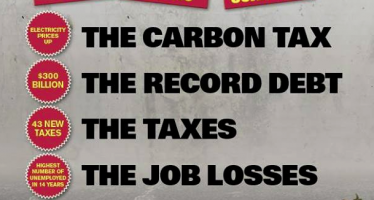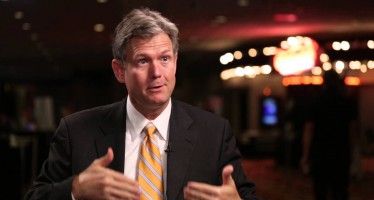Legislature takes up dueling water bonds
There’s no drought of water bonds in the California Legislature to deal with the record drought the state is suffering.
The Republican minority in the Legislature even is pitching in. Assemblyman Dan Logue, R-Marysville, is pushing Assembly Bill 1445, a proposed $5.8 billion water bond to be put on the Nov. 2104 ballot to build two new dams and address Central Valley water quality.
Logue maintains his bill contains no pork and is the only water bond being discussed that would fund two dams.
California voters have not passed a water bond since 2006. The Legislature in 2009 voted to put an $11 billion water bond on the Nov. 2010 ballot. But the Legislature then postponed the vote twice because of almost certain defeat by voters and questions about funding of pork.
That bond is back again this November — unless the Legislature again postpones it. If that bond ends up passing, Logue said, it would allocate only 25 percent of the funding, about $2.8 billion, for water storage.
“Two-times the water at half of the price, is what I call it,” Logue said in an interview of his own, cheaper bond proposal. He explained that, of the $5.8 billion in AB1445, $1 billion would be allocated to improving water quality, especially in the Central Valley. “We can use this bond money to pay for projects that will improve water quality, enhance our ability to protect ecosystems and reserve water for emergency situations,” he said.
Scrap High-Speed Rail and build reservoirs
“Water is the most important issue facing California today,” Logue said. “I’ve called on the governor to scrap High-Speed Rail and put that money into building reservoirs.”
However, in his State of the State address last week, Gov. Jerry Brown continued to push for the HSR, whose total cost would be at least $68 billion.
“California potentially faces the driest winter in 500 years and water needs to be the top priority in 2014,” Logue said. “Reservoirs are drying up, farmers are losing their crops and it’s just getting worse.”
Logue explained that, because the state’s entire economy relies on an adequate and healthy water supply, legislators need to get to work immediately with Brown to find long-term solutions.
“California’s current water system provides water capacity for for 10 million people — we have 38 million in the state,” Logue said.
How Logue’s bond money would be spent
The two dams funded would be in the North of the state and near Fresno. “The money from my water bond will specifically be used for the storage of ground and surface water and this water can then be used for a variety of reasons, and it has the area of origin protection in the bond,” Logue said. “This will let us store it and use it for the ultimate benefit of Californians.”
If AB1445 is not passed by the Assembly, Logue may try putting his bond on the ballot with signatures.
And he has experience with ballot initiatives. In 2010, Logue wrote and qualified for the ballot Proposition 23, after acquiring 800,000 signatures. It would have repealed AB32, the Global Warming Solutions Act of 2006, unless unemployment dropped. Voters rejected it and unemployment remains higher than the national average.
Logue stressed how important his water bond is and said it should have been done 10 years ago. If it doesn’t pass, he warned, “the Central Valley will turn into a dust bowl.”
Other water bond bills
The Democratic supermajorities in the Legislature also are coming up with new water bonds.
AB4 is by State Sen. Lois Wolk, D-Davis, and is quite different from Logue’s bill. It would fund $6.5 billion in water projects. According to a Daily Republic story, the bond would be geared more toward the concerns of environmentalists: wastewater recycling, groundwater storage, regional and local water supply development and Delta ecosystem restoration and stronger levees to improve water delivery.
AB1331 is by Assemblyman Anthony Rendon, D-Lakewood. Its $6.5 billion would fund projects related to water supply reliability, water quality, Sacramento-San Joaquin Delta sustainability, watershed conservation and protection and water recycling.
The bill will have its first hearing in the Assembly Natural Resources Committee in March.
Related Articles
New PM Abbott dumps Aussie carbon tax
Last weekend Australians voted the ruling Labor Party from power. The Opposition Coalition led by Tony Abbott of Australia's conservative
Calif. refuses to generate own electricity
Aug. 3, 2012 By Joseph Perkins George Santayana famously warned, “Those who cannot remember the past are condemned to repeat
VIDEO: Teachers unions, Common Core and other roadblocks to reform
Cal Watchdog’s James Poulos interviews filmmaker Bob Bowdon about the national trends in school choice and bottom-up solutions for education




